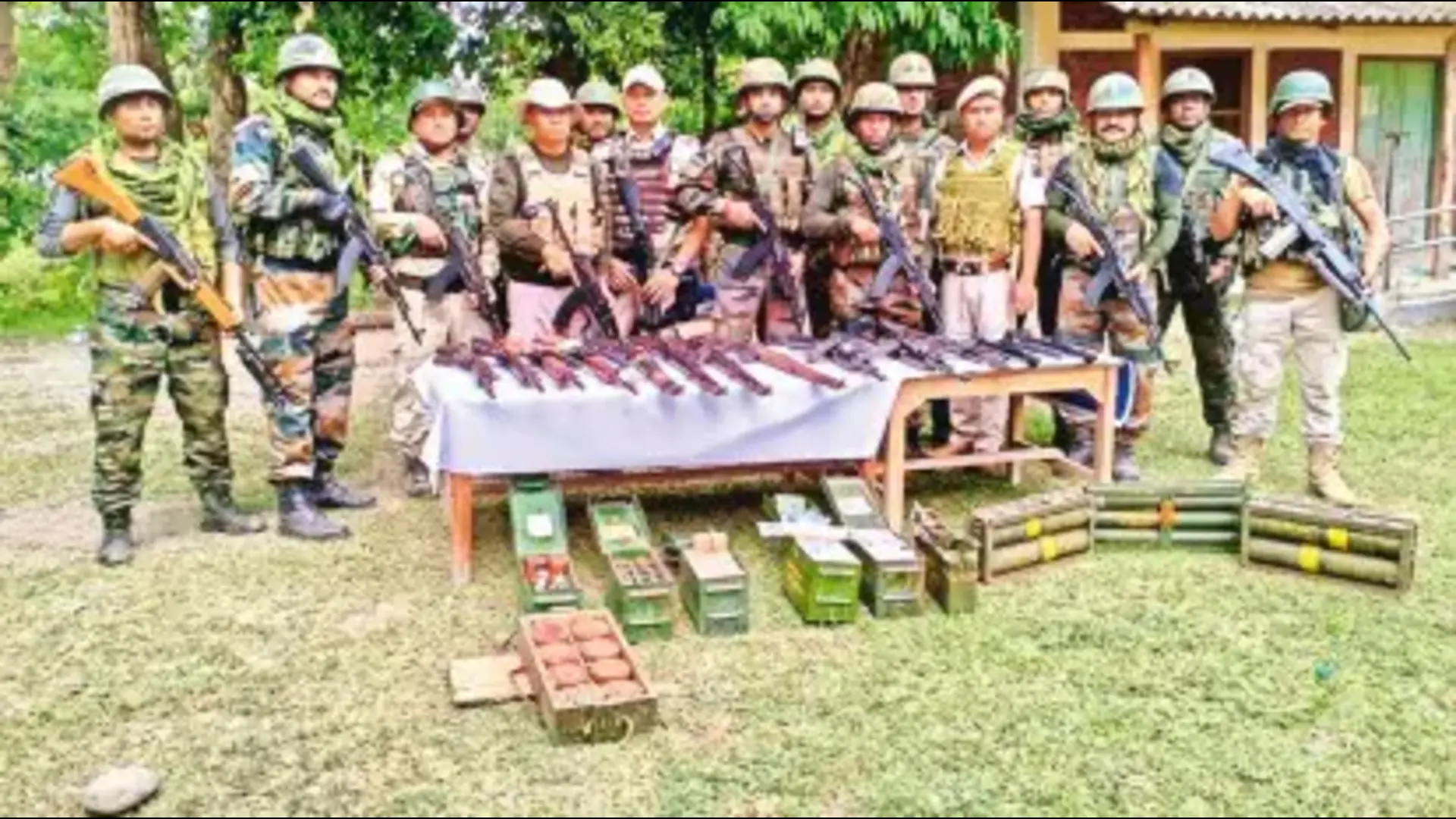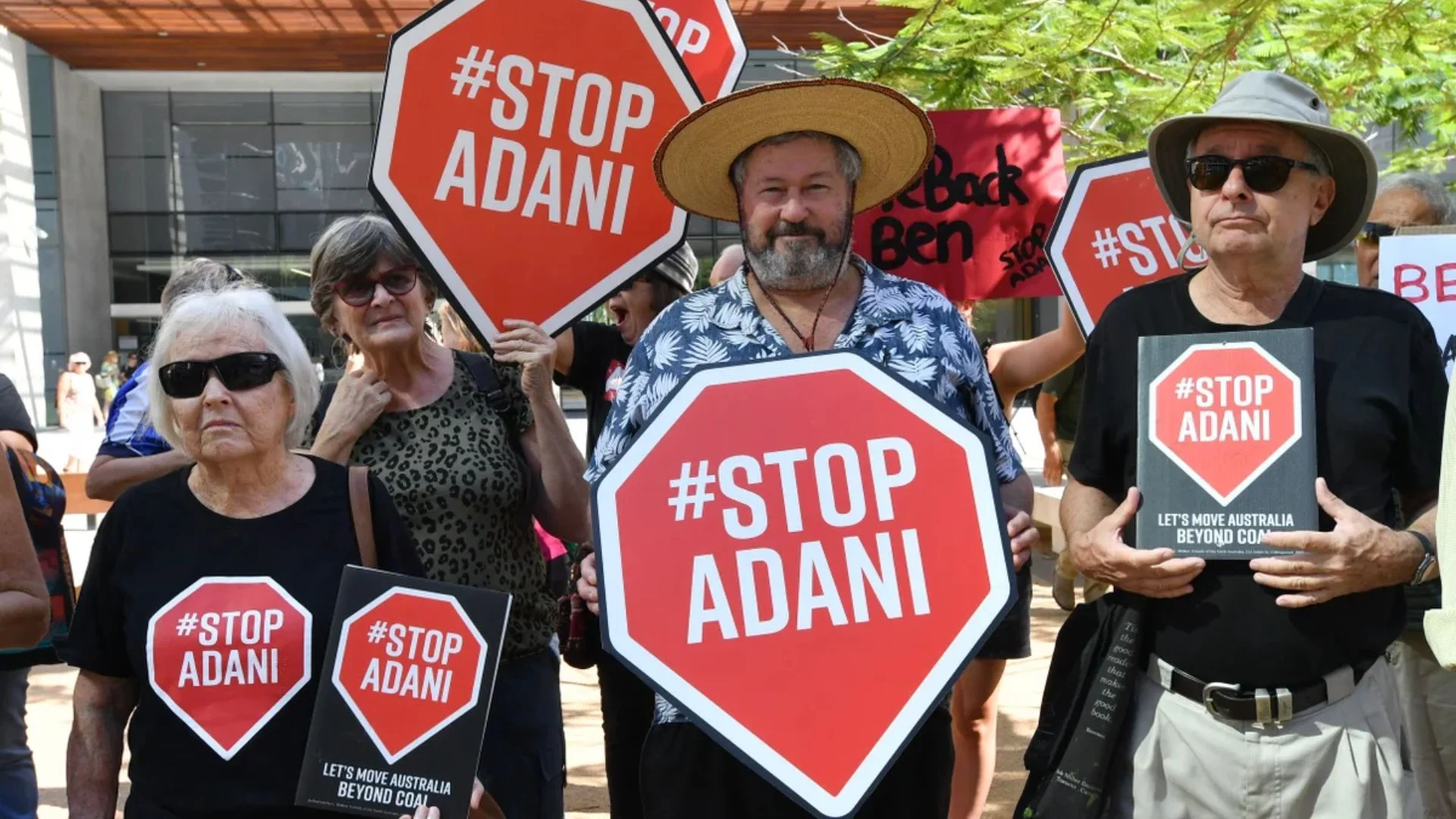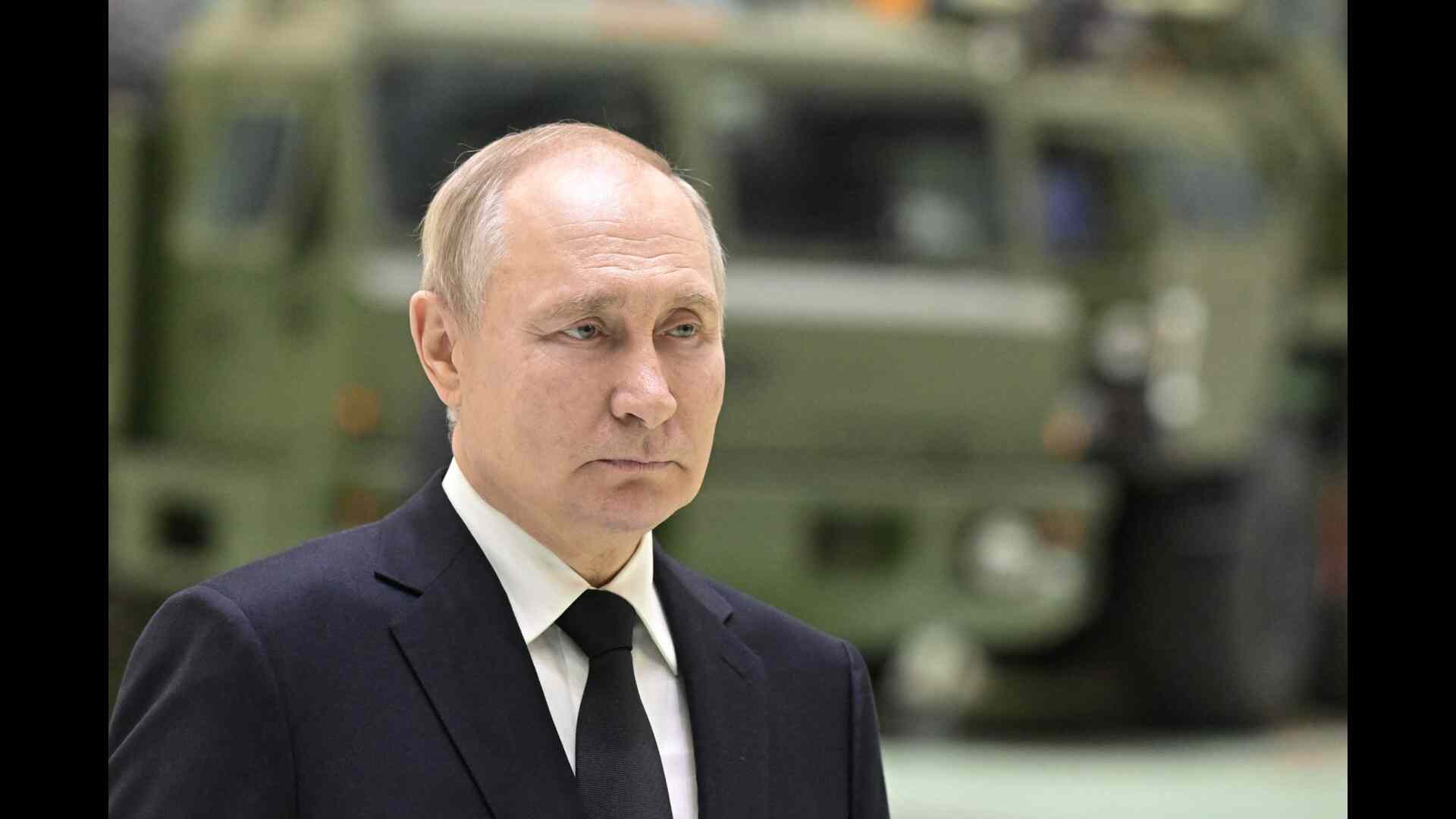
South Sudan is facing its worst flooding in decades, impacting approximately 1.4 million people, with over 379,000 displaced across 43 counties and the disputed Abyei region. This crisis has prompted alarm from humanitarian organizations, which are warning of a significant malaria outbreak worsening the already dire situation. The floods have devastated much of the country, particularly in the northern regions.
The United Nations Office for the Coordination of Humanitarian Affairs (OCHA) reported that the flood-hit areas are also grappling with a spike in malaria cases, putting additional strain on the fragile health system. The disease is spreading quickly, exacerbating the challenges faced by aid workers and local residents.
Since gaining independence in 2011, South Sudan has struggled with political instability, economic decline, and recurring climate-related disasters. This year’s floods have compounded existing crises, leaving more than 7 million people food insecure, with 1.65 million children suffering from malnutrition. The flooding comes at a time when the country is already in a critical humanitarian state, with the ongoing effects of the Sudan conflict also driving hundreds of thousands of refugees into South Sudan.
In addition to the environmental and health crises, South Sudan is facing severe political instability. The government’s decision to extend the transitional period to December 2026, delaying elections by two years, has caused frustration among international partners and the United Nations. Key aspects of the 2018 peace deal remain unfulfilled, including constitutional reforms and the unification of opposing military factions.
The country’s vital oil revenues have also been significantly impacted, as a pipeline linking South Sudan to the international market was damaged in February during the conflict in Sudan.
South Sudan’s complex challenges, including violent conflicts, environmental disasters, and political gridlock, continue to undermine efforts to rebuild the nation. International partners are urging the country’s leadership to make use of the extension to the transitional period as a final opportunity to deliver peace, stability, and democracy for its people.















